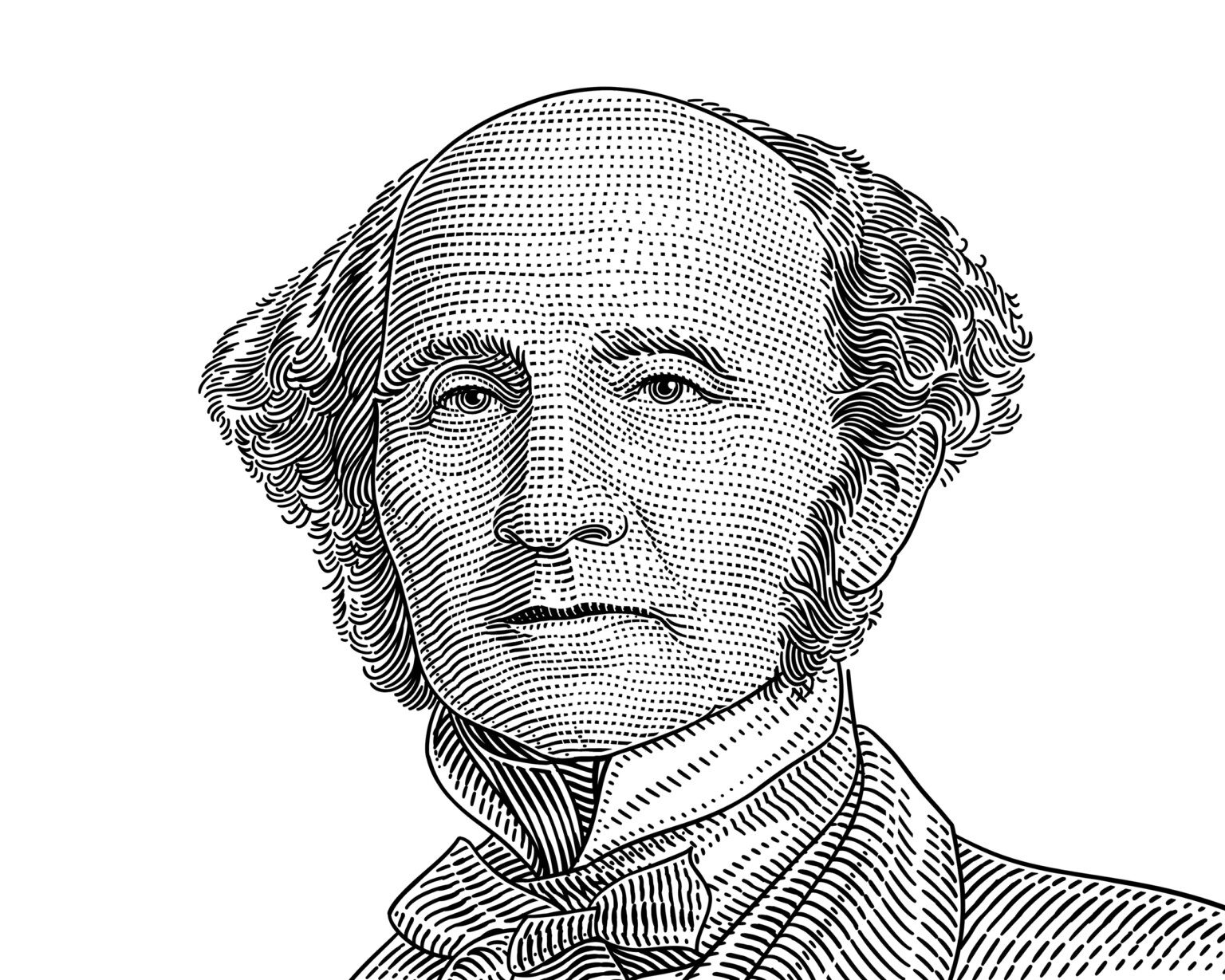John Stuart Mill: The Champion of Utilitarianism
John Stuart Mill (1806–1873) was a British philosopher, political economist, and social reformer who made significant contributions to the fields of ethics, political theory, and economics. He is best known for his advocacy of utilitarianism, a moral theory that holds that the best action is the one that maximizes overall happiness or pleasure.
Mill was born in London, the eldest son of the Scottish philosopher James Mill. He received an extensive education, guided by his father's rigorous intellectual training, which aimed to turn him into a leader of the utilitarian movement.
Utilitarianism, as advocated by Mill, emphasizes the importance of maximizing happiness or pleasure and minimizing suffering or pain for the greatest number of people. Mill distinguished between higher pleasures, such as those of the intellect and the moral sentiments, and lower pleasures, such as physical pleasures.
Mill's most famous work, "Utilitarianism," provides a defense of the principle of utility and explores its implications for moral decision-making. He argues that actions are right in proportion as they tend to promote happiness, wrong as they tend to produce the reverse of happiness.
Beyond his contributions to moral philosophy, Mill was a staunch advocate for individual liberty and freedom of speech. He famously defended the concept of the "harm principle," which holds that the only purpose for which power can be rightfully exercised over any member of a civilized community, against their will, is to prevent harm to others.

Mill also played a significant role in the advancement of women's rights. He was an early advocate for gender equality and argued for the extension of suffrage to women. His essay "The Subjection of Women" remains a seminal work in the feminist canon.
Throughout his life, Mill was actively involved in social and political reform movements. He served as a Member of Parliament and was a vocal supporter of causes such as workers' rights, education reform, and the abolition of slavery.
In conclusion, John Stuart Mill's legacy as a philosopher, advocate for utilitarianism, and champion of liberty and social reform is enduring. His ideas continue to shape debates in ethics, politics, and economics, and his commitment to the pursuit of happiness and individual freedom remains influential in contemporary society.
